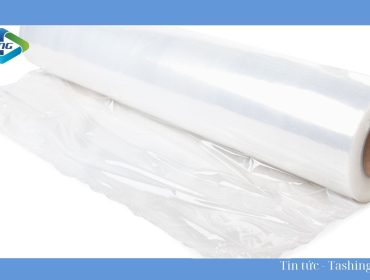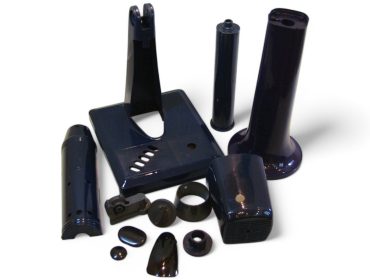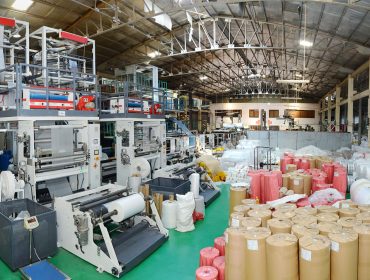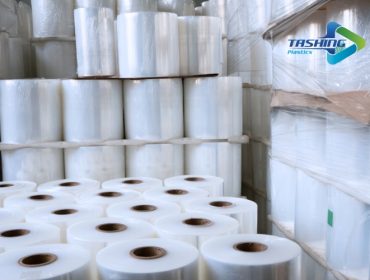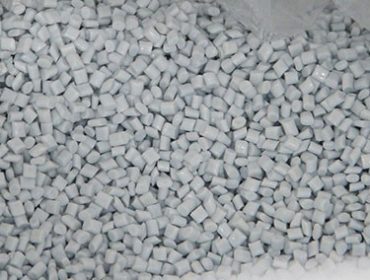Choose Safe Food Storage Bags: Your Guide to Freshness and Health!
28/06/2024Your pantry is a treasure trove of culinary delights, but it can also be a breeding ground for bacteria if not handled carefully. While we often focus on proper food handling and storage techniques, the very container holding your food plays a crucial role in maintaining its safety and freshness. In this comprehensive guide, we’ll delve into the world of food storage bags, exploring the crucial factors to consider when you choose safe food storage bags to safeguard your health and nourishment.
Understanding the Risks of Unsafe Food Storage Bags
The seemingly innocuous plastic bag in your kitchen might hold more dangers than you realize. Unsafe food storage bags can expose your food to harmful chemicals and create an environment conducive to bacterial growth, compromising your health and potentially leading to illness.
Harmful Chemicals: A Silent Threat
Many food storage bags are made from materials containing chemicals like BPA (Bisphenol A), phthalates, preservatives, thickeners, colorants, anti-stick chemicals, and heavy metals. To protect your health, it’s crucial to choose safe food storage bags, as these substances can leach into your food, especially when exposed to heat or acidic ingredients.
| Chemical | Potential Health Risks |
| BPA | Endocrine disruption, reproductive problems, cardiovascular disease, obesity, diabetes |
| Phthalates | Reproductive problems, developmental issues, allergies, asthma |
| Preservatives | Allergies, digestive issues, migraines |
| Thickeners | Digestive issues, weight gain, inflammation |
| Colorants | Allergies, hyperactivity, cancer |
| Anti-stick chemicals | Kidney problems, liver damage, developmental issues |
| Heavy metals | Neurological damage, kidney damage, cancer |
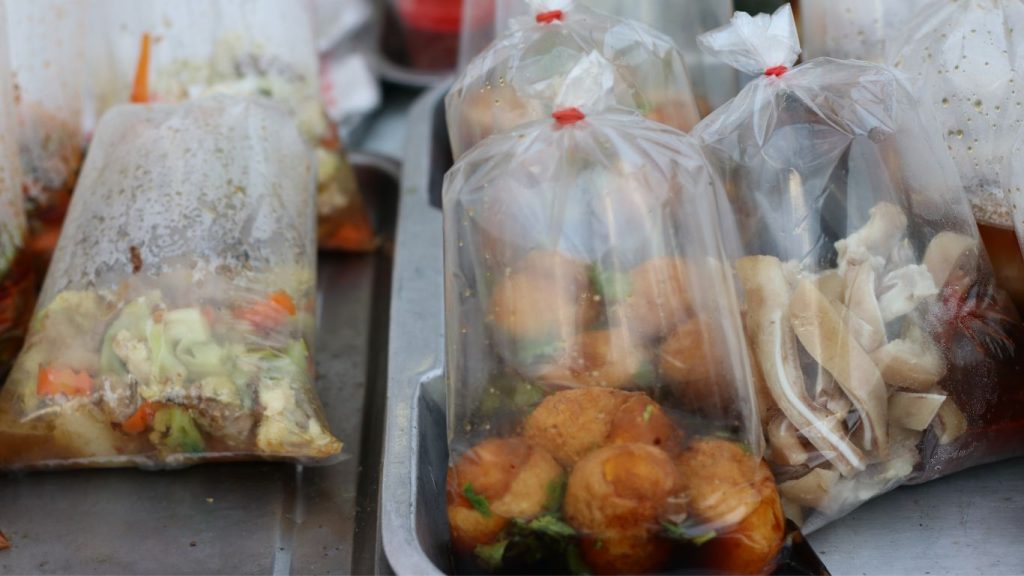
Exposure to these chemicals over time can increase your risk of:
- Cancer: Several chemicals found in unsafe food storage bags are known carcinogens.
- Endocrine disruption: These chemicals can interfere with the body’s hormones, leading to a range of health problems.
- Neurological damage: Certain chemicals can affect brain development and function.
- Other health problems: Unsafe food storage bags can also contribute to digestive issues, allergies, and other health concerns.
Choosing the right food storage bags is crucial to minimizing your exposure to these harmful chemicals.
Improper Usage: A Recipe for Contamination
Using food storage bags correctly is equally important for safety.
- Expired bags: Using expired bags increases the risk of contamination, as the material may degrade and become porous, allowing bacteria to enter.
- Incorrect bag type: Using the wrong bag for a specific food can lead to leaks or contamination.
- Heating or cooking: Using plastic bags for heating or cooking food can release harmful chemicals into your meal.
To avoid these risks:
- Always check the expiration date: Discard any bags that have passed their expiration date.
- Choose the right bag type: Use bags specifically designed for storing specific types of food, like freezer bags for frozen items.
- Avoid heating or cooking: Never use plastic bags for heating or cooking food, as they can release dangerous chemicals.
Choose Safe Food Storage Bags: A Guide to a Healthier Pantry
Now that you understand the potential hazards of unsafe food storage bags, let’s focus on choosing safe alternatives. Here’s a comprehensive guide to help you make informed decisions.
Material Matters: The Foundation of Safety
The most important factor to consider when Choose Safe Food Storage Bags is the material. Look for food-grade materials that are:
- Non-toxic: Free of harmful chemicals like BPA, phthalates, and other toxins.
- Leakproof: Ensure the bag is securely sealed to prevent liquids or odors from escaping.
- Insulated: Provides a barrier against temperature changes and helps maintain the freshness of your food.
Here’s a breakdown of common food storage bag materials and their suitability:
| Material | Pros | Cons | Suitable for |
| HDPE (High-Density Polyethylene) | Strong, durable, non-toxic, recyclable | Not as flexible as some other materials | Storing dry goods, frozen food, and food in the refrigerator |
| LDPE (Low-Density Polyethylene) | Flexible, durable, non-toxic, recyclable | Not as strong as HDPE | Storing fresh produce, snacks, and sandwiches |
| PP (Polypropylene) | Strong, durable, non-toxic, microwave safe | Not as flexible as LDPE | Storing dry goods, frozen food, and food in the refrigerator |
| PVC (Polyvinyl Chloride) | Flexible, durable, cheap | Can leach harmful chemicals into food | Avoid using for food storage |
| Polystyrene (PS) | Cheap, lightweight | Can leach harmful chemicals into food, Not recyclable | Avoid using for food storage |
Choosing bags made from HDPE, LDPE, or PP is crucial for safeguarding your health.
Remember: Always check the label for the material type and look for “food-grade” labeling.
Beyond Material: Important Considerations for Safe Food Storage
While the material is a critical factor, other considerations impact the safety and effectiveness of food storage bags. These include:
- Thickness: Thicker bags provide greater durability and are ideal for storing heavier or sharp-edged foods.
- Size: Choose bags that fit the food properly to minimize air exposure and prolong freshness.
- Thermal resistance: Look for bags with good thermal resistance to protect against temperature fluctuations and keep food fresh for longer.
- Puncture-resistant: Choose bags that can withstand punctures, especially for sharp or frozen items
- Reusable: Opt for reusable bags to reduce waste and save money in the long run.
- Easy to clean: Choose bags that are easy to wash and dry, preventing the build-up of bacteria.
- FDA-approved: Ensure that the bags are FDA-approved for food contact to ensure their safety.
- Eco-friendly: Consider bags made from recycled or compostable materials to minimize your environmental impact.
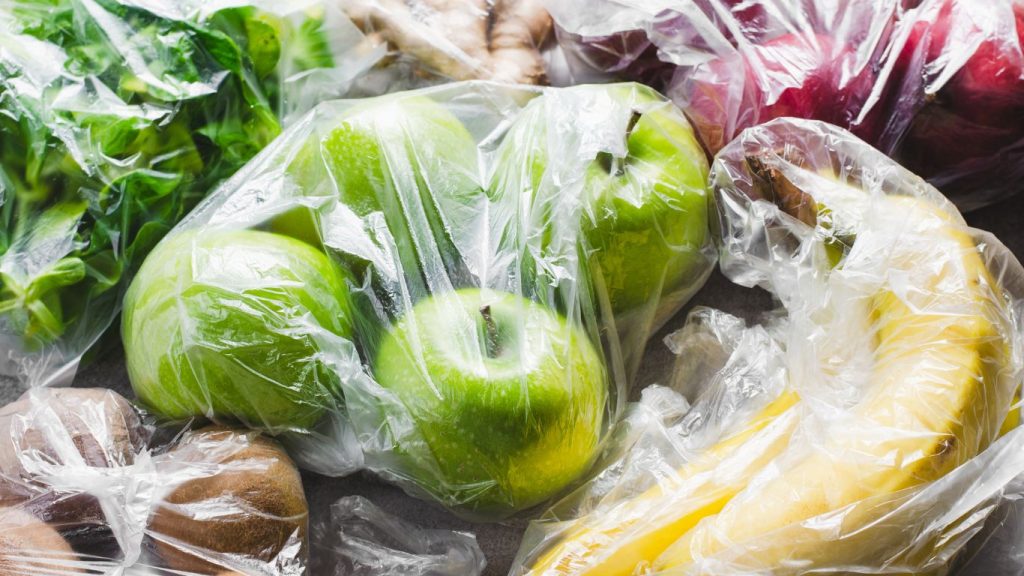
Di Đại Hưng Food Storage Bags: A Safe and Reliable Choice
i Dai Hung Company Limited, based in Vietnam, specializes in producing high-quality plastic packaging, including food storage bags. Known for its commitment to quality and safety, the company uses safe virgin plastics (PE, HDPE, PP) to ensure their bags are non-toxic and durable. They offer a wide range of sizes and designs to suit various food types and storage needs.
Here are some key features of Di Đại Hưng food storage bags:
- Made from safe virgin plastic: Ensures non-toxicity and food safety.
- Durable and waterproof: Provides reliable protection for your food.
- Various sizes and designs: Offers options for storing anything from small snacks to large meals.
- Available for various food types: Provides specific bags for storing fresh produce, frozen food, and dry goods.
Choosing Di Đại Hưng food storage bags is a smart investment in your health and food safety.
Frequently Asked Questions: Clearing the Air About Food Storage Bags
How to distinguish safe from unsafe food storage bags?
- Look for clear labels that specify the material type, like HDPE, LDPE, or PP.
- Choose bags from reputable brands that prioritize safety and quality.
- Avoid bags that have a strong odor or look deformed, as these signs indicate potential contamination.
What are the safest food storage bags?
- Bags made from paper are generally considered safe as paper is biodegradable and generally does not contain harmful chemicals.
- PP/PE plastic bags are also safe choices when sourced from reputable brands and made from virgin plastic.
Can food storage bags be reused?
It’s generally recommended to avoid reusing food storage bags, especially for storing raw meat or poultry. Reusing bags increases the risk of contamination, as bacteria can linger even after washing. However, reusable bags are a great option for storing dry goods, snacks, or pre-cooked food, allowing you to reduce waste and save money.
Remember: Always check the bag’s label for specific reuse recommendations.
Conclusion: Safeguarding Your Health and Your Food
Choosing the right food storage bags is an essential step in safeguarding your health and ensuring the freshness and safety of your food. By understanding the risks of unsafe bags and prioritizing quality materials, proper usage, and reputable brands, you can create a healthier pantry and a safer dining experience.
Remember, food safety starts with the right bag. Choose wisely, and savor the peace of mind knowing you’re protecting yourself and your loved ones from potentially harmful chemicals.

